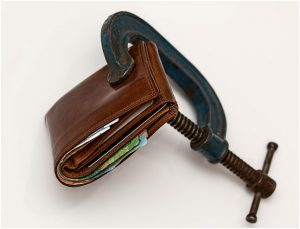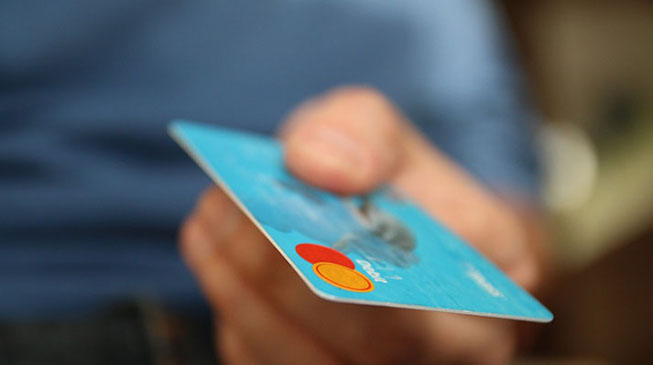Credit rating is a score accumulated from analyzing one’s debt and payments over a long period of time. Banks and financial institutions rely on credit ratings and scores to determine the default risk and the interest rate that justifies the risks associated with various loans. Credit agencies store a complete record of one’s financial transactions such as bank loans, credit cards, mortgages, auto loans and etc; it basically represents a citizen as a debtor and as a consumer. Lots of people stress over their credit rating while others are puzzled by the level of its significance in their life. As you already know, credit history plays an important role in your everyday decisions. The better your credit rating is, the lower the interest rate you qualify for, which will basically lower the cost of acquisition and enable you to buy more. Having a bad credit does the exact opposite. If you are not among the lucky ones and now have a-less-than-perfect credit, you will end up with higher interest rates, you will not necessarily qualify for financing even at higher rates, it may even effect your employment options and sometimes make it more difficult to qualify as applicant for an apartment. Is it hard to build credit and maintain it? No. Does it require rocket science? No. You just need a little discipline. Avoid bad credit with these 10 easy steps:
1. Build yourcredit history early
We all begin with a clean sheet. Whether it goes good or bad depends on us and our choices. You can start working on your credit history by simply having a credit card and making timely payments!
2. Be consistent with your bills.
Make sure to pay your bills on time. Believe it or not, but being consistent with your payments has a positive effect on your credit history. Bank committees will see you as a responsible borrower.
3. Pay ALL your bills
Yes, while credit card bills may be your main priority, you also have to keep ALL of your bills such as phone, utilities, mortgage and etc. on track and current.
4. Know what bills report to the credit bureaus
Usually, rent or utility payments are not reported to credit bureaus. Nonetheless, these bills can still hurt your credit score, if they are overdue and the company forwards them to a debt collector. The problem with collection accounts is that even after paying your debt, the credit score will continue to be negatively affected by it. It could eventually be taken off your credit report, but with some work you could have it removed sooner with proof of payment.
5. Missed a payment? Catch up!
There are times when we just cannot pay ALL our bills on time. Life happens and things go wrong. If it does, just remember to pay within the next 30 days. Most financial institutions tend to overlook one or two 30 day late marks. Anything beyond 30 days will drastically influence your credit rating.
6. Control your debt
Another very important factor for your credit is the level of your debt. Keep your credit card balances low and make sure that all loan payments are made regularly to reduce the amount of outstanding debt. Do Not Max Out Your Cards

Also the bigger your debt is, the more difficult it will be to pay it off. If you see any signs of debt growing too fast – reduce your credit card spending before it’s too late.
7. Keep credit applications at minimum
Applying for multiple loans in a short time period? Hmm… Sounds suspicious. That’s why those big banks keep monitoring you. If bank considers you trouble, you may end up with additional fees and higher interest rates. Carefully consider your needs.Are you sure that buying a new car, getting a new apartment and purchasing things you don’t need is necessary right now? Pay down your existing debt before diving into new ones.
8. Debit-to-Credit ratio lower than 30%
Majority of credit experts recommend a debit to credit ration of less than 30% and don’t request credit limit increases if you don’t have to. Requesting credit increases usually indicates the borrower maybe building up debt.
9. Check your credit report
You may be 100% sure that you’ve got everything covered and there is nothing wrong with your payments. But how can you be so sure if you don’t see your credit report? Make a habit of checking your credit report diligently annually or at least semiannually. Look out for suspicious activities i.e. anything you cannot recall buying, credit cards you don’t recognize and etc. Monitoring your credit report is especially important if you have your accounts on auto-pay.
10. Keep educating yourself
Keep track of interest rates, new regulations about consumer loans and those that effect lenders and financial institutions. Do your homework prior to applying for loans, research the alternatives and understand every term in your contract. Consult with an adviser.

